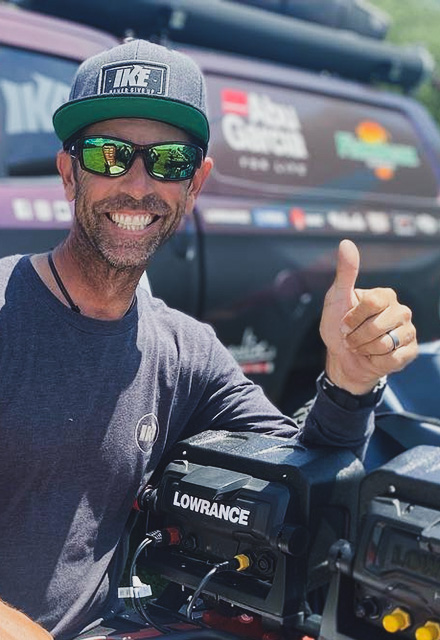Industrial Bass Fishing
Local places like the Skukill River, the Delaware River in downtown Philadelphia, and the Cooper River in Pennsauken, all harbor an amazing population of fish. Species like bass, perch, catfish, stripers, and panfish thrive in these unusual industrial settings.
Both state and federal programs have helped clean up the rivers significantly in the last ten years. Cleaner and clearer water have resulted in better spawns and a higher fish population. The cleaned up water has also allowed native aquatic vegetation to return.
Just because these industrial settings look different, doesn't mean you need to change your tactics. Look for the same things you would look for in more natural environments.
Industrial fish still love cover. In these urban waterways, the cover is often man made objects. Places like old wood pilings, concrete sea walls, barge ties, bridge pilings and water discharges will all hold fish. The fish will use the cover as an ambush point to feed and as a place to hide.
Industrial fish still love deep water. Look for areas of deeper water near a shallower flat. The fish will relate to the break line from the shallow to deep water. A lot of old shipping squares cut along the river have been dredged out and provides a perfect deep water sanctuary for the fish.
And industrial fish still love current. The fish in these industrial rivers will position themselves behind objects that break the current. They will use these current breaks as feeding stations, where they simply wait for food to wash past their face. Industrial discharges from factories provide a constant current. They also usually pump out warmer water, which is why discharge areas can be outstanding places to catch fish in the winter.
Industrial selections
Again, as in any type of fishing, always try and use baits that are found naturally in the environment. In industrial rivers, these are usually thing like small minnows, herring, perch, small eels, and crawfish. Fish these baits/lures from top to bottom until you locate the depth zone of the fish.
So give these not so typical looking fishing areas a try. You'll be pleasantly surprised at what industrial fishing has to offer!















